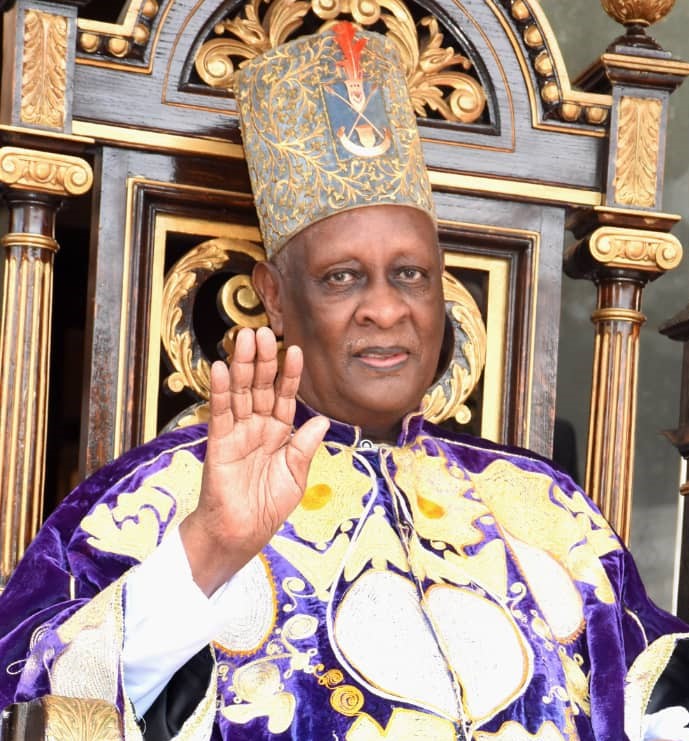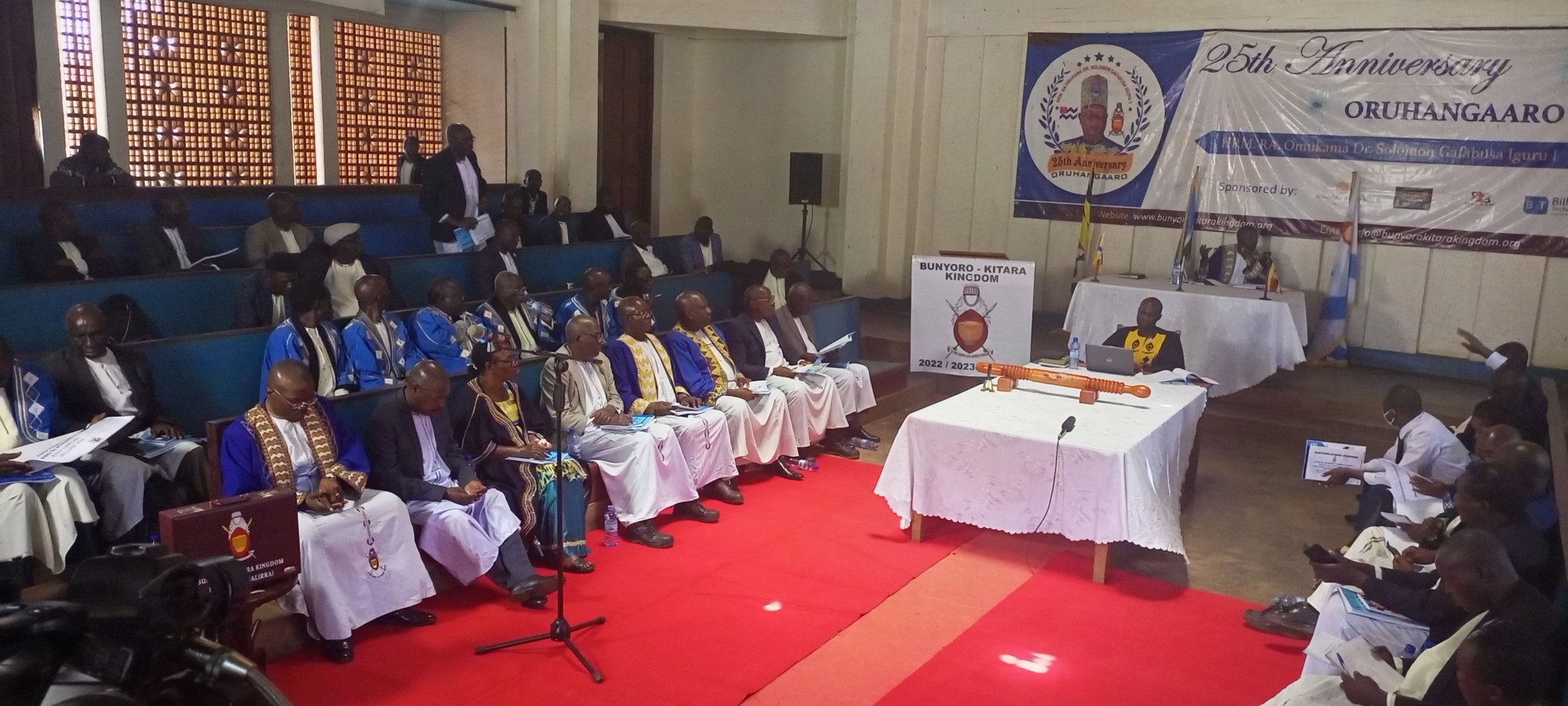Empaako is a praise name or a name of respect used among the Banyoro, Batooro, Batagwenda, Batuku and Banyabindi of western Uganda.
Empaako is a word borrowed from the Luo word “Pako” which means “praise”.
Types of Empaako
We have 13 known empaako. Out of these, 12 begin with letter A and only one starts with letter O.
Twelve are believed to have Luo origins with one claimed to be an indigenous Kinyoro one – and that’s exactly mine – Akiiki
1. Abbala: Is akin to the Luo word “Abalo” meaning “I have spoilt it”. According to our culture, it means someone who loves other people unconditionally. It was formerly reserved for those close to the king-maybe the reason why, even now, it is rare.
2. Abbooki: Comes from a Luo word “Aboko” which means “I have narrated to you”. The holder of this praise name is meant to be someone who cherishes the roles of parents, teachers, elders, mentors, counsellors and leaders.
3. Abwoli: Comes from a Luo word “Abwolo”, meaning “I deceive you”. However, in our culture, it has to do with diplomatic relationships. The theory behind this is that “Not all truth needs to be told always, because it might cause unnecessary and often avoidable hurt and pain”.
4. Acaali: From a Luo word “Acalo”, meaning “I resemble you”. In Bunyoro it refers to someone who resembles another in nature and character and who easily relates to other people.
5. Acaanga: It is an uncommon praise name. Not much is known about its Luo root. More research is being done.
6. Adyeri: Related to a Luo word “Adyero” which means that “I have sacrificed you”. In Bunyoro, however, Adyeri is someone who is friendly, affectionate with a larger-than-life heart.
7. Akiiki: Is one who upholds national, community and family interests with great love, care, kindness, honesty, etc [Perhaps this explains why this is a very popular mpaako among parents] It has no Luo root; it is the only praise name whose root is in Bunyoro-Kitara.
8. Amooti: From a Luo word “Amoto” meaning that “I greet you”. In Bunyoro-Kitara, however, Amooti refers to someone who genuinely respects other people, thinking and speaking well of them.
9. Apuuli: Means one who has powers, abilities and skills to attract other people, exhibiting qualities often observed and admired among small children.
10. Araali: One who saves other people and is perceived to have the power of thunder, giving the expression “Araali Nkuba”.
11. Ateenyi: Is derived from the Luo word “Atenyo”, meaning “I have left it”. In our culture, Ateenyi is someone who loves and understands a wrongdoer without condoning wrongdoing.
12. Atwoki: One who embraces or punishes –as the case may be-other people either physically or spiritually.
13. Okaali: Comes from a Luo word “Okalo”, meaning “S/he has jumped over you”. In Bunyoro-Kitara, however, it implies someone with the highest responsibility as a leader in the kingdom i.e. Rukirabasaija Agutamba Omukama. It used for Omukama only and even then by men only when greeting him.
NB. Akiiki, Apuuli, Araali and Atwoki seem to have no definite Luo roots. It is important to note that there is no mpaako exclusively reserved for women, while four – Araali, Apuuli, Acaali and Abbala are exclusively for men. The rest are unisex, save for Okali which is only for kings.
NB: According to the Runyoro-Rutooro Orthography, letters “w” and “y” cannot be followed by double vowels. So this is how we spell the following praise names: Atwoki, Adyeri, Abwoli. Only one praise name has two double letters: Abbooki.



